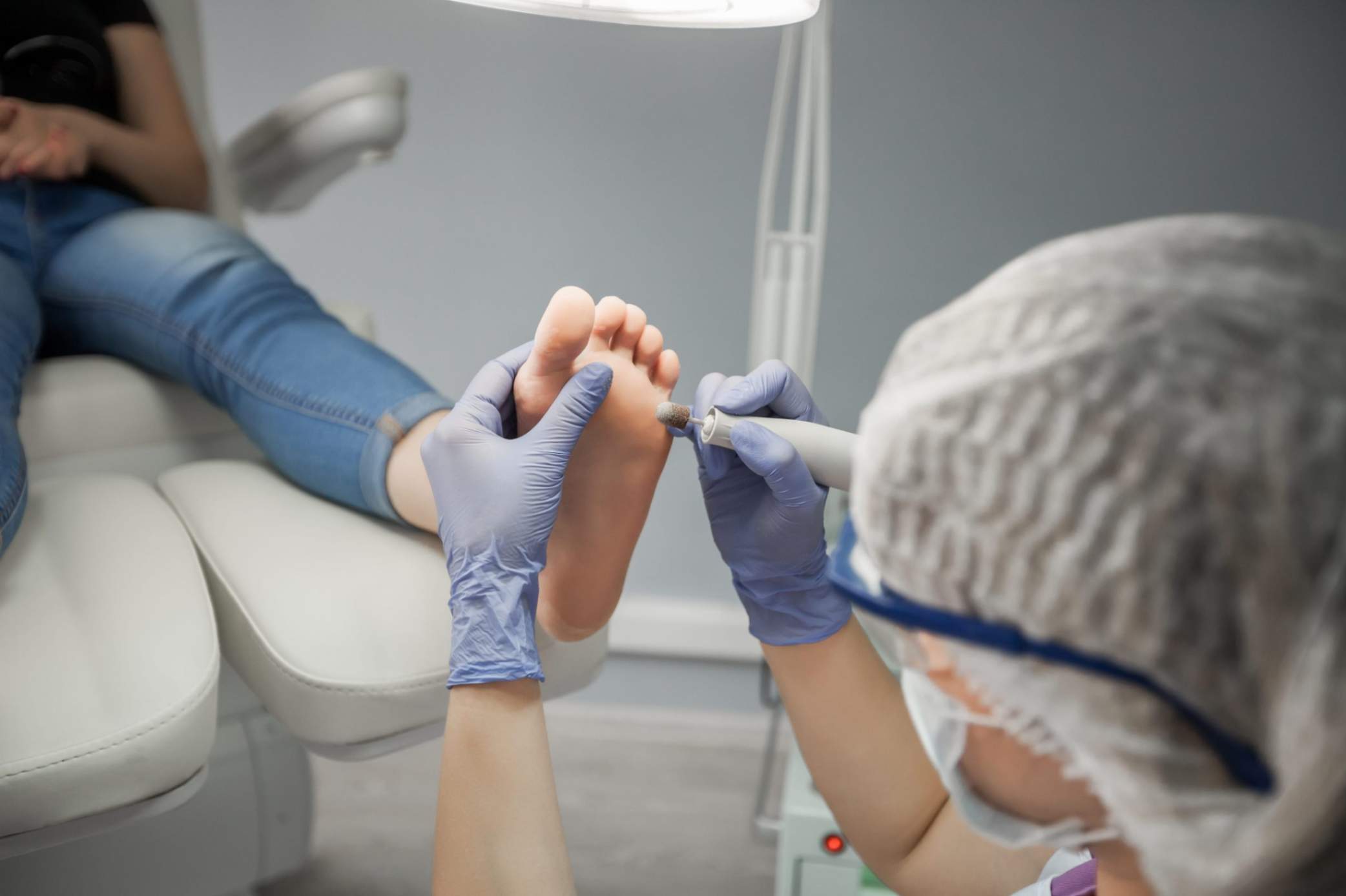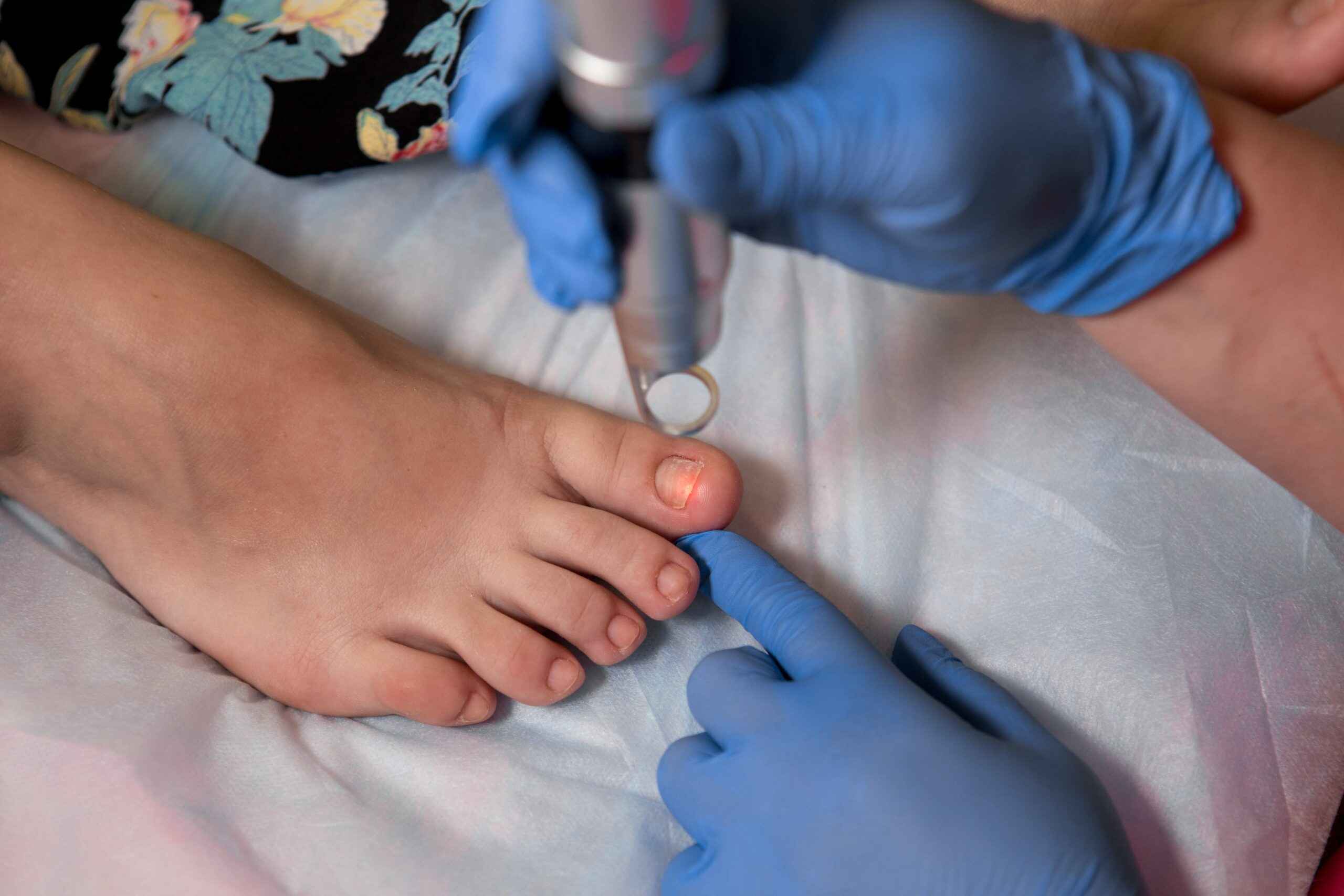Verrucas, those small, often stubborn warts caused by the human papillomavirus (HPV), can be a nuisance. While seeking professional medical advice is crucial, there are steps you can take at home to care for verrucas. In this blog, we’ll explore the dos and don’ts of managing verrucas to promote healing and prevent further spread. For expert care in managing verrucas, contact Specialty Care Clinics at (469) 545-9983.
Dos:
Do Keep it Clean: Gentle Hygiene Matters:
Keep the affected area clean by washing it regularly with mild soap and warm water. This helps prevent infection and promotes a more conducive environment for healing.
Do Use Over-the-Counter Treatments: Targeted Solutions for Verrucas:
Over-the-counter treatments containing salicylic acid or other wart-removal compounds can be effective. Follow the instructions carefully and be consistent in application to encourage verruca removal.
Do Protect the Area: Covering for Prevention:
Use waterproof plasters or bandages to cover the verruca. This not only protects the area from further infection but also prevents the virus from spreading to others.
Do Choose the Right Footwear: Comfort and Hygiene in Every Step:
Opt for comfortable, breathable shoes that reduce pressure on the verruca. This helps prevent irritation and provides a more comfortable environment for healing.
Do Boost Your Immune System: Wellness from Within:
Enhance your overall health by maintaining a balanced diet rich in vitamins and minerals. A robust immune system is better equipped to fight off the HPV virus responsible for verrucas.
Don’ts:
Don’t Pick or Scratch: Patience is Key:
Avoid picking or scratching verrucas. Doing so can lead to further irritation, potential infection, and an increased risk of spreading the virus. Patience is crucial in letting the treatment take its course.
Don’t Share Personal Items: Preventing Viral Spread:
Refrain from sharing towels, socks, or any personal items that come in contact with the verruca. This helps prevent the virus from spreading to others or different parts of your body.
Don’t Ignore Changes: Monitor for Complications:
Pay attention to any changes in color, size, or appearance of the verruca. If you notice anything unusual, consult with a healthcare professional promptly to rule out complications.
Don’t Skip Foot Protection in Public Spaces: Reducing Risks Outside:
When using public areas like swimming pools or communal showers, always wear protective footwear. This minimizes the risk of exposure to the virus in environments where verrucas are commonly found.
Don’t Delay Seeking Professional Help: Timely Intervention is Key:
If home remedies and over-the-counter treatments prove ineffective or if the verruca persists or worsens, seek professional medical advice. A healthcare professional can offer a tailored treatment plan and address any concerns.
Conclusion:
Caring for verrucas at home involves a combination of gentle hygiene practices, targeted treatments, and preventative measures. By following the dos and avoiding the don’ts, you can promote healing, reduce discomfort, and prevent the spread of verrucas. Remember, while home care is valuable, consulting with a healthcare professional ensures a comprehensive and effective approach to managing verrucas.


